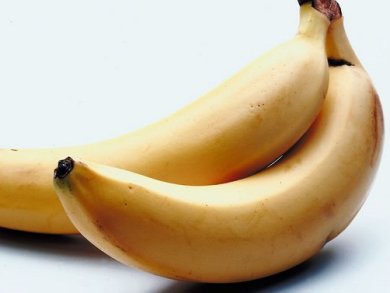Scientists around Alcides Leão, Sao Paulo State University, Sao Paulo, Brazil, have developed a more effective way to use fibers from pineapples, bananas, and other plants in a new generation of automotive plastics. These nano-cellulose fibers are almost as stiff as Kevlar, but are completely renewable. They are 30 % lighter and 3-to-4 times stronger than plastics now in use.
To prepare the nano-fibers, the scientists insert the leaves and stems of pineapples or other plants into a device similar to a pressure cooker. They then add certain chemicals and heat the mixture over several cycles, producing a fine material that resembles talcum powder. The process is costly, but according to the scientists it takes just one pound of nano-cellulose to produce 100 pounds of super-strong, lightweight plastic.
The plastics could lead to stronger, lighter, and more sustainable materials replacing automotive plastics. Similar plastics also show promise for future use in medical applications, such as replacement materials for artificial heart valves, artificial ligaments, and hip joints.
- 241st National Meeting & Exposition of the American Chemical Society (ACS)
Other articles related to the ACS meeting
- Removal of Strontium From Nuclear Waste
Removal of strontium from nuclear waste streams by desmid green algae - Hollywood Chemistry
And the Winner for the Most Accurate Science in a Movie or TV series goes to …
- Charles Lathrop Parson Award
Michael E. Strem, president of high purity chemicals maker Strem Chemicals, receives the ACS award for outstanding public service - Priestley Medal Awarded
Ahmed H. Zewail, California Institute of Technology, USA, awarded ACS’s highest honor Priestley Medal Awarded - Dendrimersomes: A New Mode of Drug Delivery?
Amphiphilic branched nanostructures self-assemble in water to form packets capable of mimicking biological membranes - A New Class of Therapeutics
Staple peptides are able to address targets previously considered undruggable by conventional therapeutics




